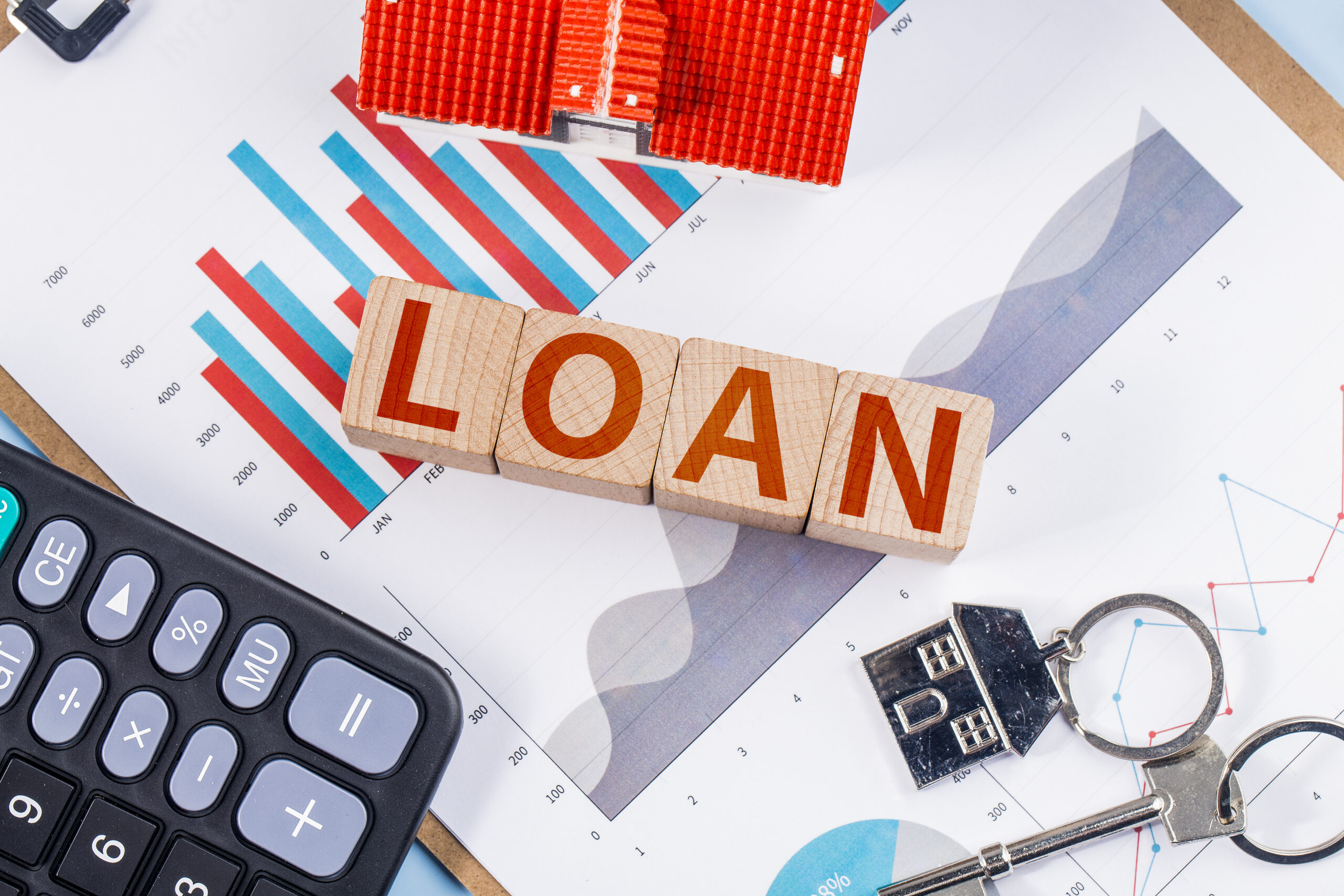When you need to borrow money, there are two main types of loans available: secured and unsecured loans. Each has its own advantages and disadvantages, and the choice you make will depend on your personal financial situation and your reasons for borrowing. In this article, we will explore the pros and cons of secured vs. unsecured loans to help you make an informed decision.

WHAT IS A SECURED LOAN?
A loan with collateral is referred to as a secured loan. This collateral can be your home, your car, or any other valuable asset that the lender can seize if you do not repay the loan. The collateral serves as collateral for the lender, lowering their risk and allowing them to offer you a lower rate of interest.
Pros of Secured Loans:
Lower Interest Rates: One of the most significant benefits of a secured loan is that it often has lower interest rates than an unsecured loan. This is because the collateral protects the lender and lowers their risk.
Larger Loan Amounts: Because the lender has collateral as security, they are more likely to grant you a bigger amount of money than an unsecured loan. This is especially true if you have a valuable asset to utilise as collateral.
Cons of Secured Loans:
Risk of losing your Collateral: The possibility of losing your collateral is the most significant downside of a secured loan. You are putting your valued assets at risk. If you do not repay the loan, the lender may seize your collateral, which might be your home or automobile.
More Difficult to Obtain: Secured loans are frequently more difficult to get than unsecured loans. This is due to the lender’s need to evaluate the worth of your collateral, which can be a time-consuming process.
WHAT IS AN UNSECURED LOAN?
Unsecured loans are those that lack collateral as security. Instead, the lender will look at your credit history and salary to see if you qualify for the loan. If you are authorised, you will be given the loan and will be responsible for repaying it over a specified time period.
Pros of Unsecured Loans:
No Risk of Losing Your Collateral: With an unsecured loan, you do not lose any of your assets. This means that if you don’t return the loan, you won’t lose your house or automobile.
Easier to obtain: Unsecured loans are frequently easier to obtain than secured loans. This is because the lender does not need to appraise the value of your collateral, which speeds up and simplifies the application procedure.
Cons of Unsecured Loans:
Higher Interest Rates: Compared to secured loans, unsecured loans usually have interest rates that are higher. This is due to the lender taking on additional risk by providing you money with no collateral.
Smaller Loan Amounts: Because the lender is taking on greater risk by granting you an unsecured loan, the amount they provide you may be smaller. As a result, unsecured loans frequently have lower loan amounts than secured loans.
WHICH LOAN IS THE BEST FIT FOR YOU?
Your personal financial condition and the reasons for borrowing will influence your decision between a secured and an unsecured loan. A secured loan may be the ideal option for you if you have valuable assets to offer as collateral and want a lower interest rate and a greater loan amount. If you do not have any valuable assets to offer as collateral or do not want to risk losing them, an unsecured loan may be a better option, even if it comes with a higher interest rate and a smaller loan amount.
Your credit score is also a significant consideration. You may be able to qualify for a reduced interest rate on an unsecured loan if you have a good credit score, making it a more affordable option. If you have a low credit score, you may only qualify for a high-interest rate on an unsecured loan, making repayment more difficult.
It is also important to consider why the money is being borrowed. A secured loan may be the ideal option if you are borrowing money for a specified reason, such as purchasing a home or a car, because it can offer a cheaper interest rate and a bigger loan amount. However, if you are borrowing money for personal reasons, such as debt consolidation or wedding expenses, an unsecured loan may be preferable.
In conclusion, both secured and unsecured loans offer advantages as well as disadvantages. Secured loans provide lower interest rates and greater loan amounts, but you risk losing your collateral if you don’t pay back the loan. Unsecured loans, on the other hand, are less difficult to obtain and do not put your assets at risk, but they have higher interest rates and smaller loan amounts.
In the end, the choice between a secured and an unsecured loan will be determined by your own financial status and the reasons for borrowing. To discover the loan that best matches your needs, carefully analyze your options and compare different lenders.

